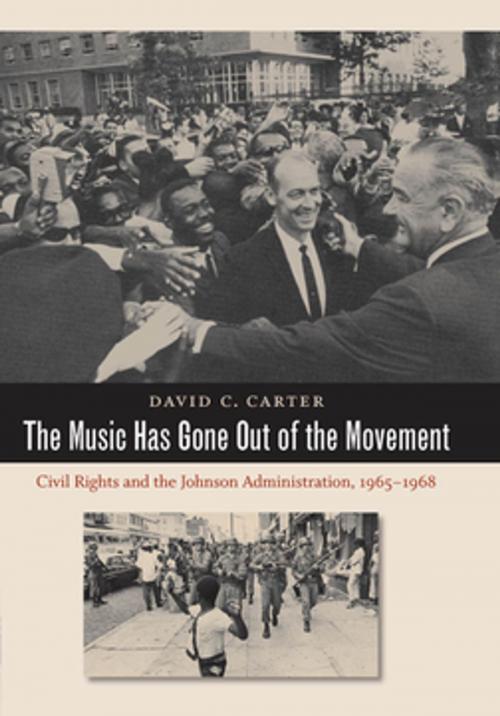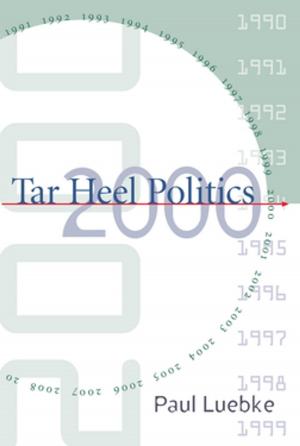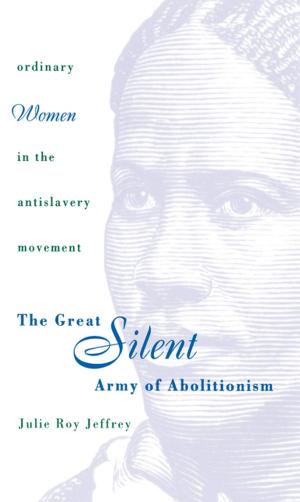The Music Has Gone Out of the Movement
Civil Rights and the Johnson Administration, 1965-1968
Nonfiction, Social & Cultural Studies, Social Science, Discrimination & Race Relations, Cultural Studies, African-American Studies, History, Americas, United States, 20th Century| Author: | David C. Carter | ISBN: | 9781469606576 |
| Publisher: | The University of North Carolina Press | Publication: | September 1, 2012 |
| Imprint: | The University of North Carolina Press | Language: | English |
| Author: | David C. Carter |
| ISBN: | 9781469606576 |
| Publisher: | The University of North Carolina Press |
| Publication: | September 1, 2012 |
| Imprint: | The University of North Carolina Press |
| Language: | English |
After the passage of sweeping civil rights and voting rights legislation in 1964 and 1965, the civil rights movement stood poised to build on considerable momentum. In a famous speech at Howard University in 1965, President Lyndon B. Johnson declared that victory in the next battle for civil rights would be measured in "equal results" rather than equal rights and opportunities. It seemed that for a brief moment the White House and champions of racial equality shared the same objectives and priorities. Finding common ground proved elusive, however, in a climate of growing social and political unrest marked by urban riots, the Vietnam War, and resurgent conservatism.
Examining grassroots movements and organizations and their complicated relationships with the federal government and state authorities between 1965 and 1968, David C. Carter takes readers through the inner workings of local civil rights coalitions as they tried to maintain strength within their organizations while facing both overt and subtle opposition from state and federal officials. He also highlights internal debates and divisions within the White House and the executive branch, demonstrating that the federal government's relationship to the movement and its major goals was never as clear-cut as the president's progressive rhetoric suggested.
Carter reveals the complex and often tense relationships between the Johnson administration and activist groups advocating further social change, and he extends the traditional timeline of the civil rights movement beyond the passage of the Voting Rights Act.
After the passage of sweeping civil rights and voting rights legislation in 1964 and 1965, the civil rights movement stood poised to build on considerable momentum. In a famous speech at Howard University in 1965, President Lyndon B. Johnson declared that victory in the next battle for civil rights would be measured in "equal results" rather than equal rights and opportunities. It seemed that for a brief moment the White House and champions of racial equality shared the same objectives and priorities. Finding common ground proved elusive, however, in a climate of growing social and political unrest marked by urban riots, the Vietnam War, and resurgent conservatism.
Examining grassroots movements and organizations and their complicated relationships with the federal government and state authorities between 1965 and 1968, David C. Carter takes readers through the inner workings of local civil rights coalitions as they tried to maintain strength within their organizations while facing both overt and subtle opposition from state and federal officials. He also highlights internal debates and divisions within the White House and the executive branch, demonstrating that the federal government's relationship to the movement and its major goals was never as clear-cut as the president's progressive rhetoric suggested.
Carter reveals the complex and often tense relationships between the Johnson administration and activist groups advocating further social change, and he extends the traditional timeline of the civil rights movement beyond the passage of the Voting Rights Act.















